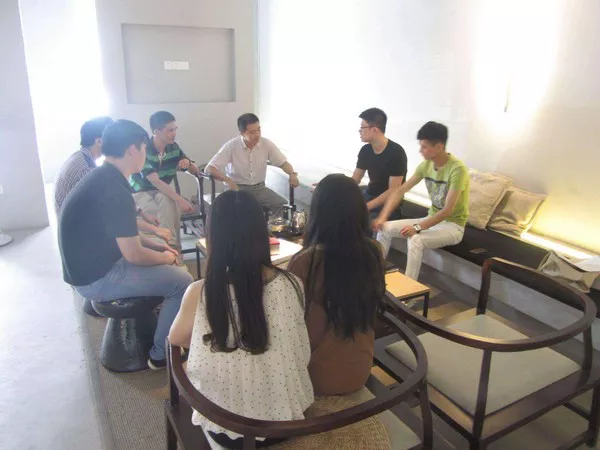In an era where the average person has hundreds of digital connections, a disturbing trend has emerged – what psychologists are calling “the loneliness paradox.” Recent studies from Harvard’s Social Connection Lab reveal that 58% of adults report feeling lonelier than ever before, despite maintaining larger social networks than previous generations. This contradiction lies at the heart of modern friendship dynamics, exposing fundamental shifts in how we form and maintain bonds. The research, spanning 15 countries, indicates that while people have more acquaintances than ever (averaging 632 social media connections), they have fewer confidants – the number of close friends people feel they can rely on has dropped from 3 in 1990 to just 1.5 today.
The digital transformation of friendship plays a significant role in this phenomenon. Platforms designed to connect us have inadvertently created what sociologists term “friendship inflation” – the devaluation of meaningful connection through excessive shallow interaction. A University of California study found that the average user spends 47 minutes daily engaging with friends’ content but only 12 minutes in substantive conversation. This imbalance creates what neurologists identify as “social malnutrition” – the brain receives constant social stimulation but lacks the deep, rewarding connections it evolved to crave. MRI scans show that surface-level digital interactions activate the brain’s reward centers just enough to create the illusion of connection, without providing the psychological benefits of true friendship.
Urbanization and work patterns further exacerbate the issue. The rise of remote work has eliminated traditional watercooler friendships, while urban density often leads to what researchers call “crowded loneliness” – being surrounded by people yet feeling profoundly alone. Young adults are particularly affected, with 72% of Gen Z reporting they’ve never experienced a truly deep friendship, according to Pew Research data.
Emerging solutions focus on quality over quantity. “Friendship audits” are gaining popularity, where people intentionally evaluate and prune their social circles. The “3-2-1” friendship model (3 close friends, 2 activity partners, 1 mentor) has shown promise in clinical trials for reducing loneliness. Some communities are experimenting with “slow friendship” movements, emphasizing fewer but more meaningful interactions. As we navigate this paradoxical landscape, experts agree that redefining what constitutes real friendship in the digital age may be one of our most pressing social challenges.
Related topics:



















